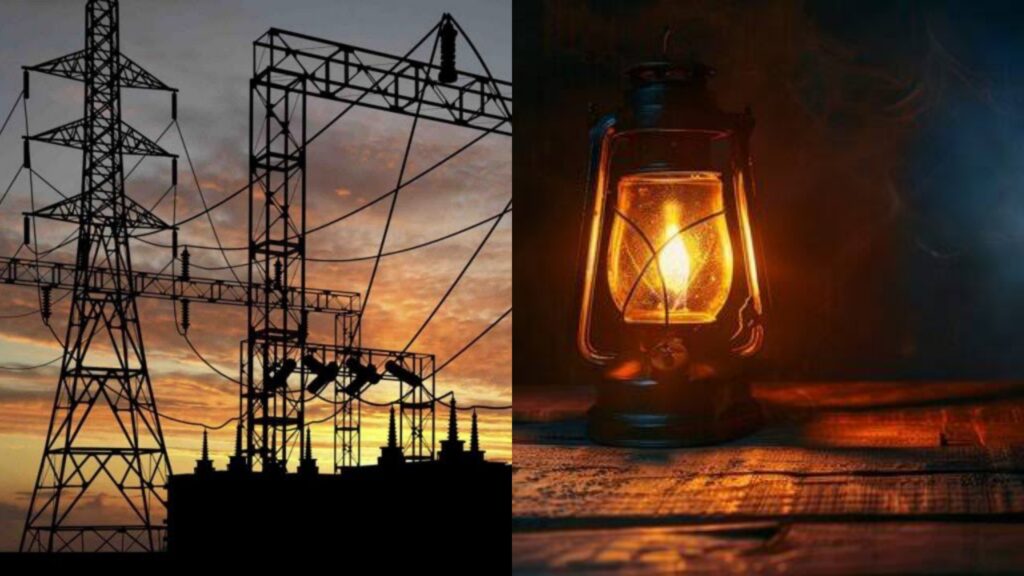
Abuja – Nigeria’s power grid has collapsed once more, throwing the West African country into yet another blackout.
This is the eighth grid collapse in 2024 and the first in November. October alone saw three separate failures, prompting the federal government to order a public inquiry into the root causes of the frequent collapses.
As of 2:35 PM, hourly generation data indicated that none of the power generation companies were supplying a single megawatt.
“BREAKING: National Grid suffers another setback. Restoration soon!,” @NationalGridNg wrote on X around 3 PM on Tuesday.
Transmission Company of Nigeria (TCN) said in a statement that the disturbance was triggered by a series of line and generator trippings, which led to instability in the grid.
Ndidi Mbah, TCN General Manager, Public Affairs said the data from the National Control Centre (NCC) revealed that a part of the grid was not affected by the bulk power disruption.
“TCN engineers are already working to quickly restore bulk power supply to the states affected by the partial disturbance. Presently, bulk power supply has been restored to Abuja, at 2.49pm, and we are gradually restoring to other parts of the country.
“We sincerely apologize for every inconvenience this may cause our electricity customers,” Mbah said.
Nigeria’s electricity sector continues to grapple with the recurring challenges of an unstable national grid, frequently resulting in widespread blackouts.
In November 2013, the federal government privatized power generation and the 11 distribution companies while retaining ownership of the transmission company to boost efficiency in the sector.
However, grid failures have persisted, sparking calls for further reforms.
Despite being Africa’s most populous nation, Nigeria struggles to generate even 5,000 MW of electricity, leaving millions of citizens in prolonged darkness.
Some stakeholders now advocate for the privatization of the grid system and the introduction of state-level power transmission to alleviate pressure on the national grid and enhance stability.

 closer to your doorstep
closer to your doorstep